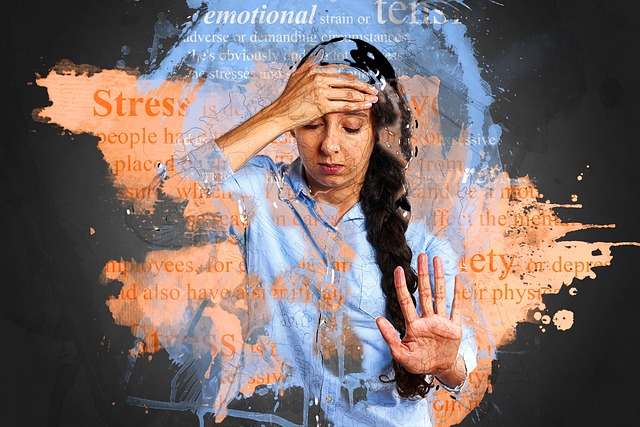Whether it’s work stress, the pace of modern life, or personal challenges, fear can creep in and affect our mental health and overall well-being. However, recognizing anxiety is the first step to controlling it. This comprehensive guide is designed to provide you with effective strategies for treating anxiety, ensuring you are on your way to better mental health.
Understanding anxiety
Anxiety is more than just feeling stressed or worried. It is a mental health disorder that affects an individual physically, mentally and emotionally. Symptoms may include excessive worry, restlessness, difficulty concentrating, and physical manifestations such as increased heart rate or insomnia. Recognizing these symptoms early can help in seeking appropriate treatment.
lifestyle changes
The first step to controlling anxiety is to make lifestyle changes. This includes incorporating regular physical activity into your daily life, which can significantly reduce stress and improve your mood. Additionally, a balanced diet rich in omega-3 fatty acids, whole grains, and leafy green vegetables can have a positive impact on your mental health. It’s also crucial to prioritize sleep, as sleep deprivation can exacerbate anxiety symptoms. Finally, mindfulness practices like meditation and yoga can help focus your attention and reduce the frequency of anxiety attacks.
Build a support system
Having a strong support system is crucial to overcoming anxiety. Sharing your thoughts and feelings with a trusted friend, family member, or support group can provide comfort and reassurance. Knowing that you are not alone can make a big difference in your mental health journey.
Get expert help
For many people, ways to manage anxiety include seeking professional help. Getting treatment for anxiety can be a game-changer. Therapists can offer cognitive behavioral therapy (CBT), which is very effective in treating various anxiety disorders. CBT focuses on identifying and challenging negative thought patterns and behaviors, giving you tools to cope with anxiety. Additionally, medications prescribed by a psychiatrist may be beneficial in some cases, particularly for those with severe anxiety that interferes with daily functioning. It is important to consult with your health care provider to determine the best treatment plan for you.
Tips for immediate relief
While long-term strategies are crucial for managing anxiety, there are also immediate techniques you can employ during moments of heightened stress. Deep breathing exercises, progressive muscle relaxation, and grounding techniques can provide quick relief. By focusing on your breathing or engaging your senses, you can reduce the intensity of your anxiety by bringing your attention back to the present moment.

Create a routine
Establishing daily routines can provide structure and a sense of normalcy, which can be comforting to people dealing with anxiety. This includes setting regular times for waking up, eating, exercising, working and relaxing. Routines can help you minimize uncertainty and give you a sense of control over your day.
restricted doping
Caffeine and alcohol are known to increase anxiety levels in some people. If you notice a correlation between anxiety and consumption of these substances, consider reducing or eliminating their intake. Monitoring how different foods and drinks affect your anxiety can help you make informed choices about your diet.
self education
knowledge is power. Educating yourself about anxiety can demystify the experience and make it less scary. Understanding the complexities, causes, and effects of anxiety allows you to take proactive steps to manage it. There are a number of resources available, including books, online articles and workshops, that can provide valuable insights into anxiety and mental health.
Set realistic goals
Setting small, achievable goals can serve as a beacon of guidance when charting a course for anxiety management. It’s about breaking down the daunting task of overcoming anxiety into manageable pieces. Whether it’s practicing mindfulness for five minutes a day, incorporating short walks into your daily routine, taking time to relax with a book, or exploring a hobby that brings you joy, these goals are milestones in your progress. Not only do they serve as a way to track your progress, but they serve as a source of motivation and proof of your commitment to improving your mental health. It’s important to approach these goals with a self-compassionate mindset, understanding that progress isn’t linear and sometimes even achieving small goals can feel challenging. Celebrate every step of progress, no matter how small it may seem, because every step is a victory on your road to overcoming anxiety. Recognizing and affirming your progress can significantly boost your confidence and encourage you to keep working hard.
Treating anxiety is a multifaceted process that involves lifestyle changes, professional help, and self-care strategies. Remember, it’s okay to ask for help, and taking the first step toward treatment is a sign of strength. With the right approach, you can manage anxiety and improve your overall mental health. Your happiness is worth the effort, and this guide will help you on your way to a more peaceful and fulfilling life.

